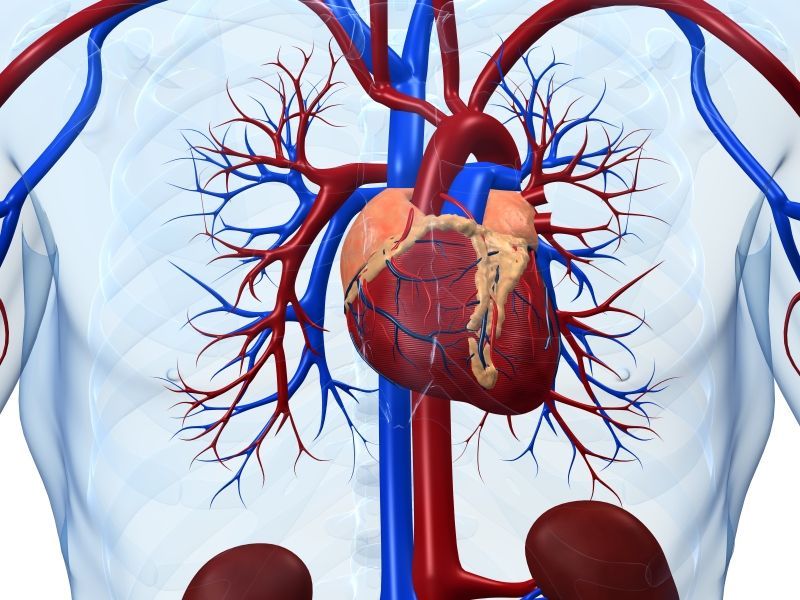Blood test measuring percent donor-derived cell-free DNA could eliminate much of the need for endomyocardial biopsy
WEDNESDAY, Jan. 27, 2021 (HealthDay News) — A blood biomarker, percent donor-derived cell-free DNA (%ddcfDNA), is promising for the early detection of acute rejection (AR) after heart transplant, according to a study published online Jan. 13 in Circulation.
Sean Agbor-Enoh, M.D., Ph.D., from the Genomic Research Alliance for Transplantation in Bethesda, Maryland, and colleagues examined the performance of %ddcfDNA for the detection of AR in heart transplant patients. AR, including acute cellular rejection (ACR) and antibody-mediated rejection (AMR), was defined using histopathology data. Data were included for 171 patients followed for a median of 17.7 months posttransplant.
The researchers found that after surgery, median %ddcfDNA levels decayed to 0.13 percent by 28 days and then increased for patients with AR versus those without AR (0.38 versus 0.03, respectively). The increase was detected 0.5 and 3.2 months prior to the histopathological diagnosis of ACR and AMR, respectively. For AR, the area under the receiver operator characteristics curve (AUROC) was 0.92. The negative predictive value for AR was 99 percent with a 0.25 %ddcfDNA threshold and would have safely eliminated 81 percent of endomyocardial biopsy. Comparing AMR to ACR, %ddcfDNA showed distinctive characteristics, including fivefold higher levels, higher AUROC (0.95 versus 0.85), higher guanosine-cytosine content, and a higher percentage of short ddcfDNA fragments.
“Our data supports the use of %ddcfDNA as a ‘liquid biopsy,’ to monitor allograft health in heart transplant patients. %ddcfDNA is reliable and reproducible, varies both quantitatively and qualitatively in AMR and ACR, has excellent biomarker performance characteristics, and unmasks pathology earlier than existing tools,” the authors write.
Copyright © 2020 HealthDay. All rights reserved.








